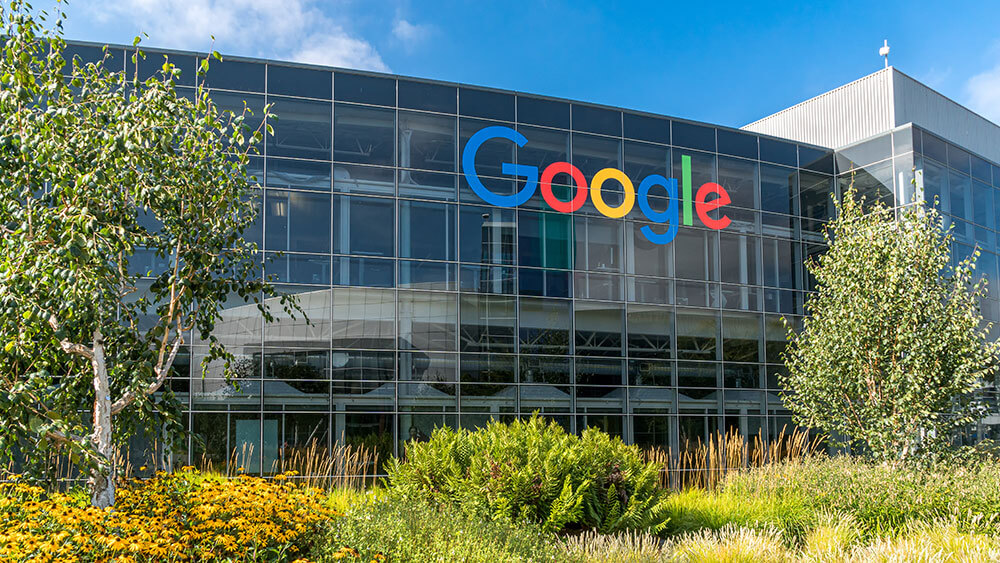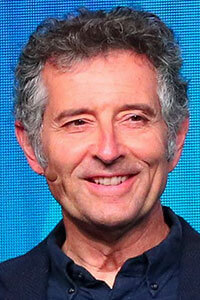
Science Foo Camp attendees choose the agenda items for the weekend educational programs that take place at the Googleplex in Mountain View, California.
This case study is part of Convene‘s April CMP Series story looking at innovations in scientific and medical meetings.
| Science Foo Camp | ||
|---|---|---|
| Oct. 23-25, 2020 | Googleplex, Mountain View, California | approximately 250 attendees |
About 250 attendees from all walks of life arrive at Googleplex in Mountain View, California, on a Friday for a weekend educational program — except there’s no program in place for them. And that’s intentional. Science Foo Camp — the “Foo” stands for “Friends of O’Reilly,” referencing publishing company O’Reilly Media, which hosts the event in collaboration with Google, Nature Publishing Group, and Digital Science — has been held annually since 2005 as part of a series of Foo Camps, including Social Science Foo Camp and the original Foo Camp that launched in 2003 as a hacker “unconference.”

Roger Magoulas
Each year, individuals who work in the science realm gather for the invite-only event. On the first night, attendees gather to learn about one another — they’re asked to share three key words to describe themselves — and how the event works. There are whiteboards with time blocks for approximately 14 conference rooms available for bookings throughout the weekend, “and a lot of giant sticky notes,” said Roger Magoulas, director of market research at O’Reilly Media. It’s up to the attendees to decide on the session content and who will speak during the sessions — with one caveat.
“They’re not presentations, they’re dialogues,” Magoulas said. “You can present, but really what you should be trying to do is meet new people who are interested in your topic. People who you agree with and people who you don’t agree with. You can have a talk on something you want to learn about, and you think someone might be there who can talk about it.” Attendees can talk about politics, socio-economic issues, or just about anything that is on their mind, Magoulas said.
An Eclectic Mix
Each year’s content is shaped by the invite list. Long before invitations go out, Science Foo Camp organizers decide on 10 different topics that they think should be examined at that year’s event, and find individuals in a variety of disciplines who are doing interesting work in those areas — for example, Science Foo Camp 2020 might have a number of attendees who work in public health to speak on COVID-19, Magoulas said. But the group is always diverse, including those in the major sciences, science historians, social scientists, Nobel laureates, and people from different industries who are simply good catalysts for conversation due to their “empathetic curiosity,” he said.
“There’s tons of research literature that says diversity, and not just physical diversity, but cognitive diversity, social background diversity, academic diversity, just generally leads to better outcomes because we’re able to incorporate things from other, adjacent areas that end up making a lot of sense that wouldn’t be obvious to someone focused in that space,” Magoulas said.
One year, organizers invited Rodney Mullen, a professional skateboarder who studied math and engineering at the University of Florida and has given talks on the connection between skateboarding and innovation at TEDx, PopTech, and more. “He loves math and the sciences,” Magoulas said. At the event, Magoulas started talking to Mullen “about Roger Penrose and his notion that intelligence is based on quantum physics. It’s a little hard to understand, but as we were talking about it, a friend of ours stopped by who was a mathematician. So [Mullen] starts explaining his ideas on the theory. And then someone saw us talking and came over and said, ‘I do gene work,’ and started to explain their ideas on the theory. And then a neurologist stopped by. Pretty soon, we had about 10 people talking about this very esoteric topic and came away with information that, at least from my perspective, helps explain what Penrose is talking about. And that wasn’t even during a session — it was during a meal.”
Tiny Tapas of Topics
The only aspect of Science Foo Camp that is pre-planned is a morning ritual of lightning talks to kick off each day of the event. Attendees can submit ideas for five-minute presentations to organizers, who then choose nine people to present each day — like someone who studies the mating rituals of birds, or someone who created a sonogram that works with an iPhone. “You get a rapid buffet of really tiny tapas, as far as topics go,” Magoulas said, which in turn prompts more people to want to discuss what they’re working on. “A lot of people attend those sessions,” he said.
Amazing session in the inflatable planetarium by @jfaherty, @specolations, and @merrdiff at #scifoo pic.twitter.com/KeVtpB00bV
— Brian Fitzpatrick (@therealfitz) July 14, 2019
Like everything else at #scifoo, the Pentax Papilio is somehow even more amazing than expected. (These binoculars have a min. focal length of .5 meters) pic.twitter.com/CZC2N9861u
— Jessica Polka (@jessicapolka) July 16, 2019
Keeping It Casual
A conference without much of an agenda might sound like an event organizer’s worst nightmare, but Magoulas said the informality of the event is why it works so well.
“We always say, ‘This is the conference that’s all hallway conversations, and think about it that way.’” If organizers notice that a few people are interested in talking about a similar topic, they ask the attendees to work together on one session, rather than holding separate talks. Attendees are encouraged to bounce between sessions and check their egos at the door as to not feel discouraged if people leave their own talk early, Magoulas said. More than 100 sessions take place over the weekend event, and attendees are asked to stop by some talks that are out of their comfort zone.
“Then you might suddenly get an insight that just wouldn’t have come from inside your space,” Magoulas said. “And I think that’s one of the things that makes it so much fun for so many people. … At single-discipline events, they are just stating the obvious. But here, people are really open — they’re like ‘Wow, I didn’t know anything about that.’”
Every discussion is protected by a “Friend-D-A,” — like an NDA, in that everything said is off the record, and people need to ask one another for permission to share beyond the event, Magoulas said.
“We want it to be a very safe place to share information,” he said. “In politics today, there’s a lot of ‘gotchas’ and stuff. We want it to really be an honest, easy exchange of information, and that means not feeling like, ‘I better not talk about that, because it might get out, beyond my control,’ or ‘my organization might be uncomfortable about me talking about that.’”
The open exchange of ideas, Magoulas said, has led to partnerships and change far beyond the confines of Googleplex. “I know [a former attendee] who is doing behavioral health in Africa. They were able to hook up [at a Foo Camp] with someone who was doing a similar type of work, but on the statistics side. They both happened to be based in London, so now they’re going to meet and see how they might collaborate more,” he said. “That has happened numerous, numerous times. … I know this all sounds pretty altruistic, but really I think everyone truly wants this to create great outcomes — to know that somehow we’ve moved the peg a little further towards something that helps people out.”
Casey Gale is an associate editor at Convene.
Earn One Hour of CE Credit
By reading this case study and the others found in the April Convene cover story, you will be ready to earn one hour of CE credit toward CMP certification from the Events Industry Council. To take an online test to earn that CE credit.
